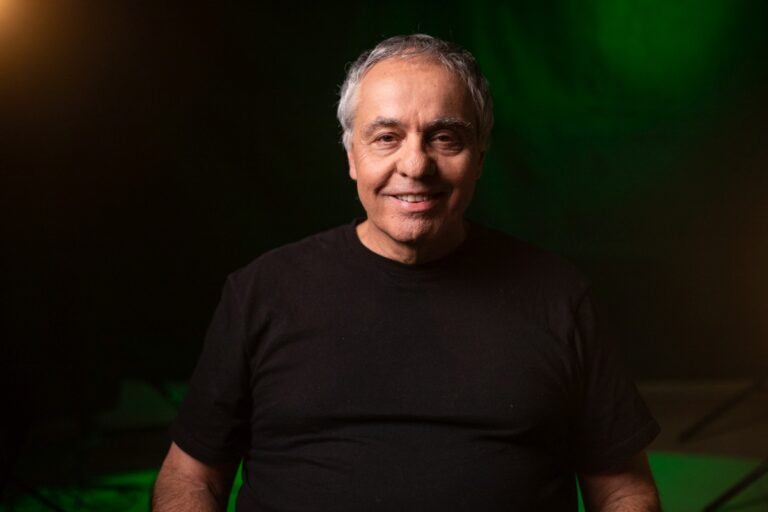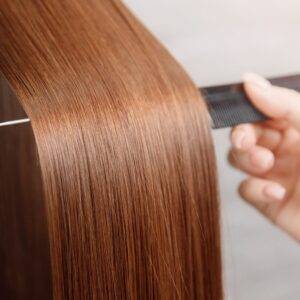Resilin, combined with the strengthening power of cellulose, will power products ranging from hair straightener to flexible phone screens.
Insects have a superpower: a protein called resilin. It enables fleas to jump 100 times their height — the equivalent of a human being reaching the top of the Empire State Building.
In winged insects, resilin is what gives them greater flying endurance. A dragonfly can bat its wings approximately 1,800 times per minute.
“Resilin is the most elastic material in nature,” explains Liron Nuttman Nesiel, CEO of Israeli startup Smart Resilin, which is commercializing the use of resilin for products from hair straighteners to flexible phone and TV screens.
“Resilin is used to store energy and release it all at once very rapidly. Almost no energy is lost,” she tells ISRAEL21c.
Moreover, this bio-based natural solution degrades into its original carbon source when put into the soil. That’s a significant improvement from fossil-fuel based elastic materials like plastic and rubber that take decades to degrade.
Smart Resilin’s technology was developed by serial entrepreneur Prof. Oded Shoseyov of the Hebrew University of Jerusalem. (Shoseyov has set up more than 17 companies.)

Nesiel was a researcher in Shoseyov’s lab when he suggested that she head the startup.
While plenty of other companies working with resilin, Shoseyov’s innovation was combining resilin with cellulose — a glucose-based polymer that adds strength — to generate a composite material with “synergistic qualities” for use in commercial products.
Straight to straighteners
Using resilin is part of a worldwide shift toward new materials, estimated at $41 billion a year.
Smart Resilin aiming for similar markets and applications as several well-financed companies that are developing other types of super-performing natural materials such as spider silk. Companies in this space include Kraig Biocraft Laboratories and Bolt Threads (US), Spiber (Japan), AMSilk (Germany) and Seevix in Israel.
“I see this as a source for collaboration. We all want better, more sustainable materials,” Nesiel tells ISRAEL21c.
“Eventually, we believe that microorganisms will be the factory of tomorrow.”
Smart Resilin is eyeing future products such as sustainable, flexible plastic alternatives.
However, it is starting with a surprising use case: cosmetics. The reason is both for the benefit of consumers’ health and the company’s bottom line.
The heath concerns are certainly alarming. The materials used in chemical hair straighteners have sent too many people to the hospital with severe reactions including kidney failure. (The chemical glyoxyloyl carbocysteine in some hair straighteners releases formaldehyde upon contact with heat.)
Hair straighteners have been linked long-term to ovarian and breast cancer. A study published in the Journal of the National Cancer Institute estimates that about 4% of women who frequently use such hair-straightening products developed uterine cancer by age 70.
And traditional hair straighteners do a real number on the hair itself, changing its actual structure, often irreversibly.
“These products are really bad. There’s nothing good in this market,” Nesiel says.
There are also economic reasons for starting this way.
“Cosmetic products require much smaller amounts of resilin,” Nesiel notes. “We’re not yet at industrial-scale production. But a small amount of resilin can make a big impact.”
To replace the rubber and plastic in a flexible sports shoe requires up to several grams of resilin. For cosmetics, just a few milligrams makes an impact.
So, by starting with hair straighteners, Smart Resilin can start selling now, rather than waiting for potential partners to ramp up.
The company’s go-to-market strategy is to start by selling around 10,000 units of its own hair straightening product, to be followed by “meaningful deals with conglomerates.”
No insects were killed
Smart Resilin’s development process does not involve any breeding, catching or killing insects for their resilin.
The tech developed by Shoseyov involves “taking the DNA that codes for resilin, introducing it into bacteria, and then growing it using a fermentation process,” Nesiel explains. “It’s like brewing beer.”
The resilin/cellulose combination has its challenges. For one, it’s sugar-based, so if it comes in contact with water, it will dissolve.
That’s a problem for one future Smart Resilin use case: flexible electronics, which may become the next big thing if and when a foldable iPhone is released followed by copycat smartphones.
Nesiel notes that the resilin will be used only in the inner layer of the screen. “In the future, we will make it more stable against water.”
Smart Resilin is still small, with less than a half dozen people on the payroll and $1 million from private investors and collaborations.
One of those partners, Acies Bio, a top European microbial biotech company, is working to establish a large-scale resilin production line.
In Slovenia, Acies already has an in-house fermenter that can handle quantities of up to 10,000 liters. Smart Resilin and Acies Bio’s goal is to produce 3.5 tons of resilin by 2026 and 100 tons by 2030. – nor is Smart Resilin attempting to conquer the market alone.
In the meantime, Nesiel and her team are speaking with major cosmetics companies to get their feedback.
The cost for this hair-straightening technology would be less than what’s currently available in the market, although Nesiel says that, even if the price were double that, “We will still be able to sell these products since consumers are starting to understand the need for healthier products and are willing to pay more for them.”
Has Nesiel used her own technology? No. She sports a mane of typically Israeli wavy hair – and has no plans to straighten it, even with the improved health benefits.
Source Israel 21C

